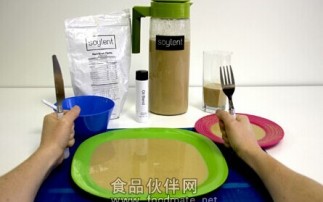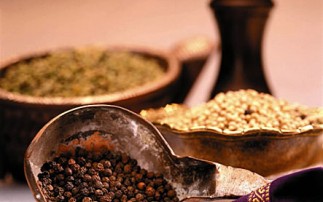1. 与汉语的差异
汉语中经常会出现“我妈妈”“你们老师”“他们学校”这样的表达,虽然其中的代词用的是“我”“你们”“他们”等,但实际意义仍是“我的”“你们的”“他们的”等,所以在译成英语时,要使用形容词性物主代词,而不是人称代词。如:
我不喜欢喝咖啡,我母亲也不喜欢。
误:i don't like coffee and neither does me mother.
正:i don't like coffee and neither does my mother.
有时按汉语习惯似乎应用物主代词,而英语却要用人称代词。如:
这个学期谁教我们的英语?
误:who will teach our english this term?
正:who will teach us english this term?
english 作为一个表示语言的名词,其前不能用物主代词,除非它表示的是使用英语的水平或能力,如可说 my english is poor. 我的英语(水平)不行。
2. 物主代词的漏用
有些在英语中必须要用的物主代词在汉语中往往无需表达,注意此时不要漏掉英语中的物主代词。如:
她做晚饭时弄伤了手指。
误:she cut finger while cooking supper.
正:she cut her finger while cooking supper.
汉语通常只说“伤了手指”,无需说“伤某人自己的手指”,而英语则要说cut one's finger,其中的物主代词不可以省略。
3. 有无物主代词意思的区别
有些表达用不用物主代词都可以,但是意思不一样,此时注意不要受相似结构和短语的影响而用错物主代词。如:
不管你做什么你都不要灰心。
误:don't lose your heart whatever you do.
正:don't lose heart whatever you do.
lose heart 与 lose one's heart仅差一个物主代词,意思截然不同:前者意为“灰心”“泄气”;后者意为“爱上”“钟情于”。
(来源:网络)




